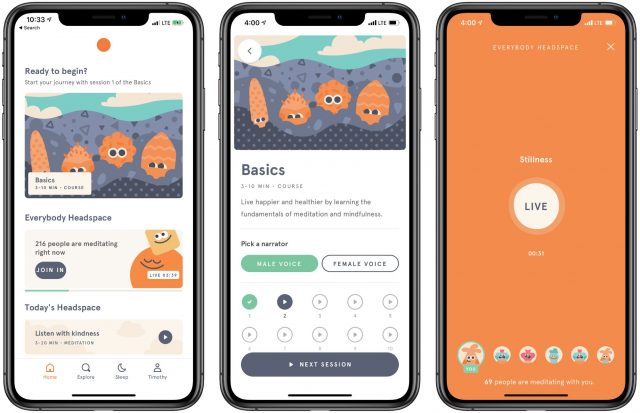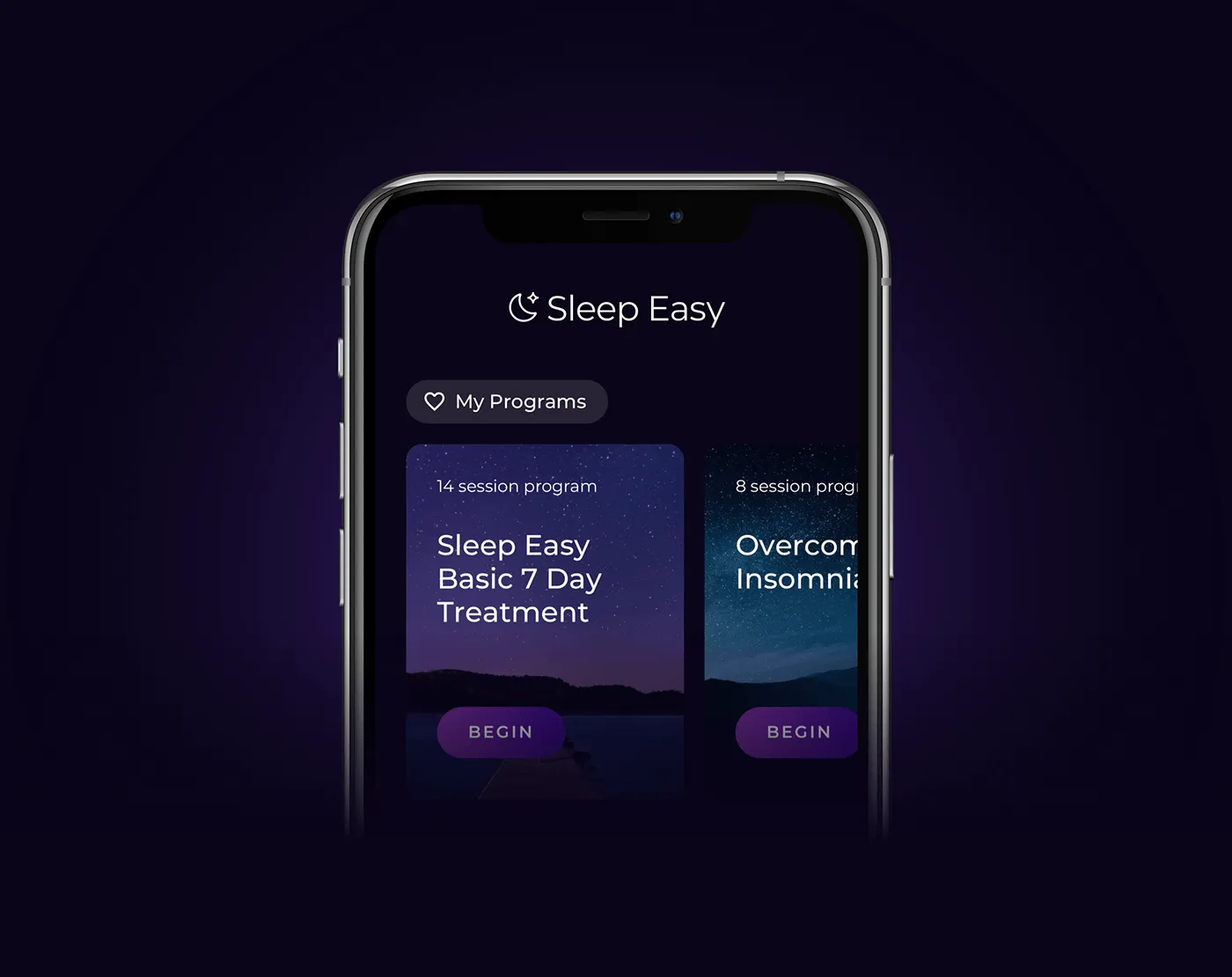
Sleep deprivation is a serious condition that, if untreated over time, can negatively impact your physical, mental, and cognitive health. The cause of sleep deprivation is your body not getting the rest it needs, causing your overall functioning to diminish. There are two kinds of sleep deprivation.
Acute sleep deprivation occurs when you don’t get enough sleep for a short period of time, such as a few days. Even with a single day of sleep deprivation, your health can be impacted. Chronic sleep deprivation refers to when you don’t get enough sleep for a period of weeks or more.









